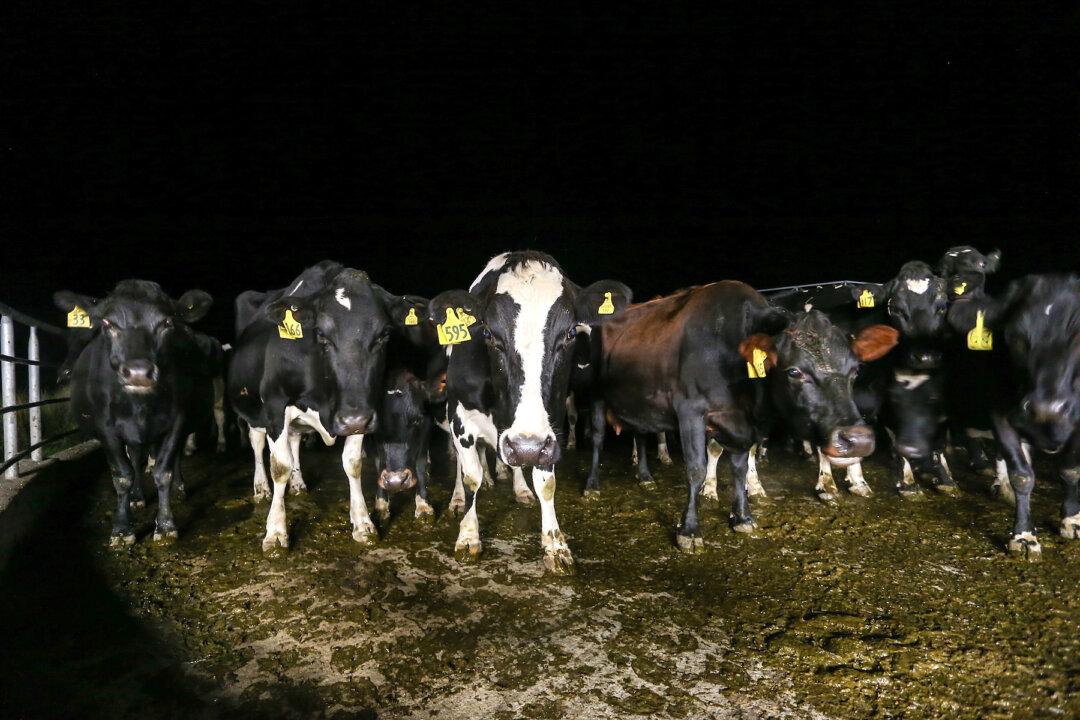Synlait Milk, a dairy processing company, based in New Zealand, announced on Dec. 5 that it has secured approval to ship its infant formula from one of its facilities to China.
The go-ahead to Synlait Milk from China’s General Administration of Customs (GACG) means the company has received registration for its infant formula being processed at its blending and canning facility in Auckland. The approval paves the way for the Auckland facility to begin brand registration in China.




